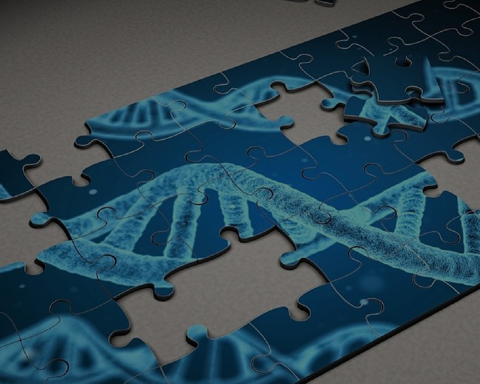Press Release – Babies for Sale, Wombs for Rent: Why Surrogacy Must Not Be Normalised
Read in PDFSurrogacy is always an injustice, according to Dr Pia Matthews, as she explains in a new essay written for the Anscombe Bioethics Centre.
Surrogacy fragments parenthood because it intentionally deprives the child of the mother who provided intimate bodily nurture and care for the first nine months of his or her life.
Surrogacy by its very nature makes the child an object of a commissioning agreement and subject to the intentions of those who ordinarily would accept him or her as a gift.
Dr Matthews is Senior Lecturer at St Mary’s University, Twickenham, currently teaching on the MA Bioethics and Medical Law programme. She is an experienced lecturer and researcher on bioethical matters and one of the Governors of the Anscombe Bioethics Centre. She has previously written a briefing paper on euthanasia and assisted suicide and a research paper on COVID-19 and adults with learning disabilities and autism.
Her latest essay examines the problems created by surrogacy for the welfare and best interests of children and the risk of exploitation of women.
She discusses specifically the joint report on surrogacy produced by the Law Commission of England and Wales and Scottish Law Commission in March 2023. Although intended to clarify the law, the report’s proposals would normalise surrogacy, turning it into simply ‘part of the range of assisted conception options’ and parenthood into an administrative process.
Although the Government does not plan to bring forward legislation on surrogacy in this Parliament, the proposed reform is still on the table for consideration. If the report’s proposals were to be passed into law, the result would be that ‘the welfare of the child, already precarious under previous legislation, now loses any primacy.’
As she writes in her conclusion: ‘The rationale to reform the law is not based on the issues concerning surrogacy or on remedying injustice or on responding to serious concerns or protecting those at risk of exploitation or objectivisation. Rather reform is proposed solely on the grounds that the law should reflect the intention of surrogacy: intended parents worry the surrogate may change her mind, the surrogate worries that the intended parents will change theirs. The proposed law seeks ways of mitigating these worries. Anything that appears to contradict the intentions of the “surrogacy team”, including judicial oversight, is swept away.
‘Dehumanising pregnancy and motherhood by reducing their significance to a contractual arrangement and giving priority to the wishes and desires of the “surrogacy team” over the welfare of the child create real vulnerabilities. … In attempting to normalise surrogacy these serious concerns and injustices have been disregarded and human dignity has been set aside in favour of an administrative process.’
Referring to the Vatican’s recent Declaration on Human Dignity (Dignitas infinita) she mentions Pope Francis’s statement that surrogacy ‘represents a grave violation of the dignity of the woman and the child’. He urges ‘the international community to prohibit this practice universally.’
We urge all who share with us a desire to defend human dignity to read Dr Matthews’s timely contribution to the debate about surrogacy.
END
Notes to Editors:
- Any part of the above can be quoted as coming from our Public Bioethics Fellow, Dr Mehmet Çiftçi.
- For more information see Dr Matthews’s essay, Normalising Surrogacy: A Threat To Human Dignity.
- For more information on the Anscombe Bioethics Centre, see our website: www.bioethics.org.uk
- For interviews or comment, contact: media@bioethics.org.uk
Most recent
Press Release – Anscombe Bioethics Centre Launches ‘Advance Decisions and Ethical Choices’ Project
31 July 2025
The Anscombe Bioethics Centre is pleased to launch a new suite of resources on advance statements, l...
Statement on the Anscombe Bioethics Centre
31 July 2025
A statement from the Governing Body of the Anscombe Bioethics Centre and the Trustees of the Catholi...
Copyright Announcement
25 July 2025
Henceforth, all work which had Anscombe Centre or Linacre Centre copyright is now dedicated to the p...
Sincerest Thanks for Your Support
Staff are grateful to all those who sustained the Centre in the past by their prayers and the generous financial support from trusts, organisations, communities and especially from individual donors, including the core funding that came through the Day for Life fund and so from the generosity of many thousands of parishioners. We would finally like to acknowledge the support the Centre has received from the Catholic community in Ireland, especially during the pandemic when second collections were not possible.
We would like to emphasise that, though the Centre is now closed, these donations have not been wasted but have helped educate and support generations of conscientious healthcare professionals, clerics, and lay people over almost 50 years. This support has also helped prevent repeated attempts to legalise euthanasia or assisted suicide in Britain and Ireland from 1993 till the end of the Centre’s work on 31 July 2025.



